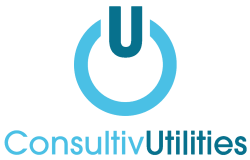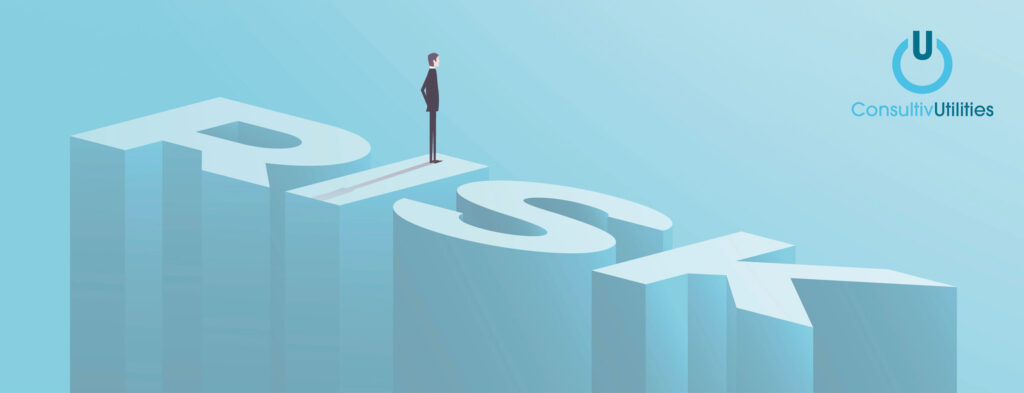Planning ahead can help to protect your company against the volatility of the energy market
There are plenty of factors to consider when it comes to effective commercial energy management. It can be hard to cover all bases. After all, the price of oil, gas and renewable energy sources can be impacted by everything from war to the weather.
Planning ahead and securing competitive energy prices is a vital part of energy risk management – something all businesses must consider if they want to achieve long-term sustainability, success and stability. Let’s take a closer look at energy risk management and the best ways to handle those risks.
What is energy risk management?
Energy risk management is the process of highlighting, evaluating and prioritising the risks to your business created by the uncertainty in the energy markets. By controlling these risks, you can enjoy greater energy assurance. In turn, this allows your organisation to build budgets and manage other essential business overheads.
Effective energy risk management involves several steps, from identifying all possible energy threats to quantifying and prioritising risks. You can then outline ways to address and mitigate risk.
What energy risks are there?
Around the world, people often talk about energy markets. That’s because most countries operate within a particular sphere of influence, depending on where they access their fuel from and how changing relationships with supply chain countries evolve over time.
Of course, no market operates in total isolation. Each regional market is connected to the wider energy ecosystem to some degree. And all markets are influenced by some of the same factors.
One of the key factors that is playing a growing role in all territories is climate change. In 2023, the climate emergency has a direct impact on how energy resources are acquired, bought and sold. In recent years, global factors like the COVID-19 pandemic and the war in Ukraine have resulted in significant turmoil within the energy markets, having a clear influence on domestic and commercial customers alike. Customers have seen their energy prices rise significantly over the past two years.
How do you handle energy risks?
It’s a good idea for companies to employ more than one method for handling energy risks, as the strategy chosen will depend on the type of risk that is most prominent for your organisation. In certain cases, a company may shift the risk to another party, such as an insurance company. This allows companies to safeguard themselves against disaster by paying a regular sum.
In other cases, companies may strive to either avoid encountering the risk at all or find ways to minimise its negative impacts on your organisation. This can be done by finding multiple energy sources or seeking out professional support. Other businesses may accept the outcomes of a risk but ensure they are prepared for them.
Is there energy risk management support available?
At Consultiv Utilities we offer our clients a superior energy risk management service. We utilise our extensive knowledge and expertise regarding the energy industry to provide peace of mind to businesses from all industries and sectors. Our energy management experts are there to guide you on a variety of energy factors, including energy purchasing, energy costs, conservation plans, sustainability and more.
Our experts can also work with you to assess the impact of energy regulations. With sustainability so important, governments are setting out guidelines and laws for businesses to follow in order to minimise carbon footprints. Energy consultants can ensure your business is acting in accordance with these rules and regulations.
Looking to safeguard your business and manage your energy efficiently? You’re in the right place. Reach out to a member of our team today and find out how we can help you. Click here to get in touch with the team at Consultiv Utilities.
Categories:

